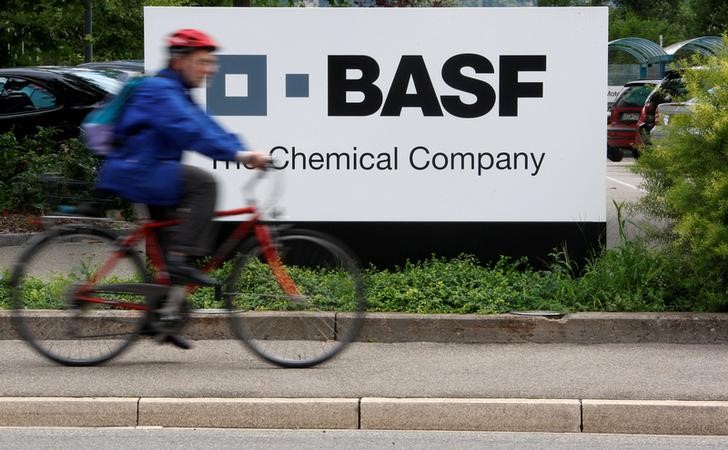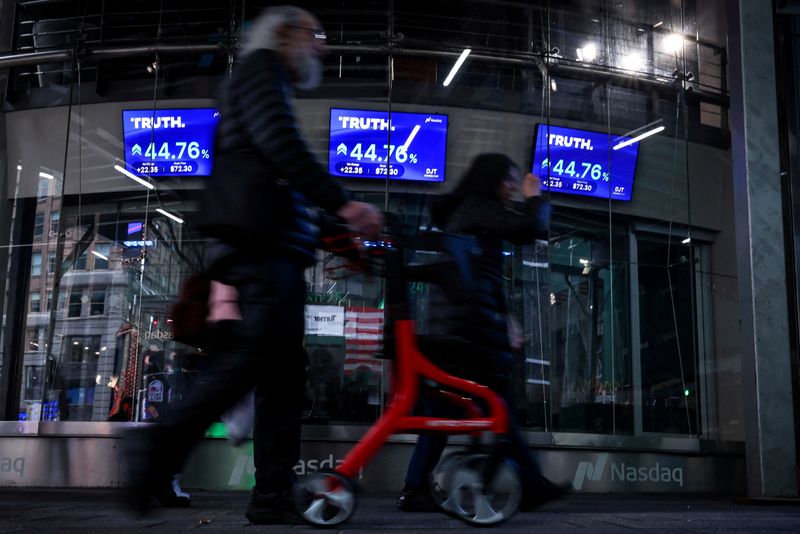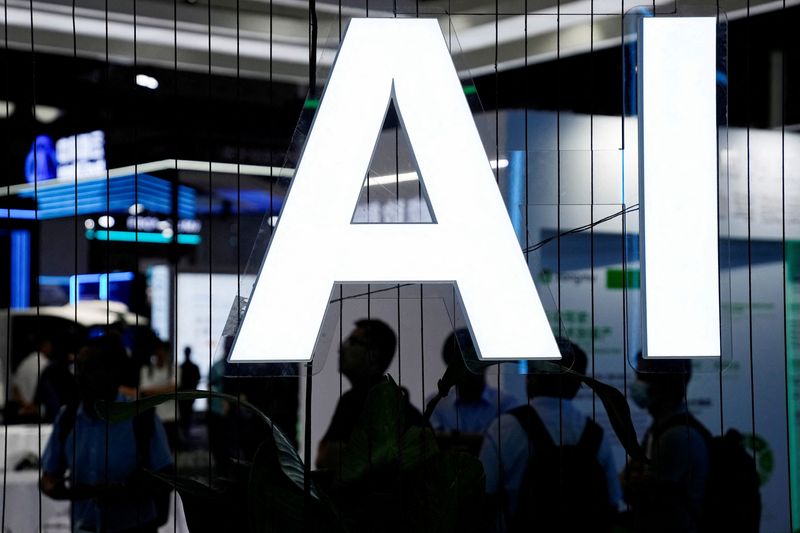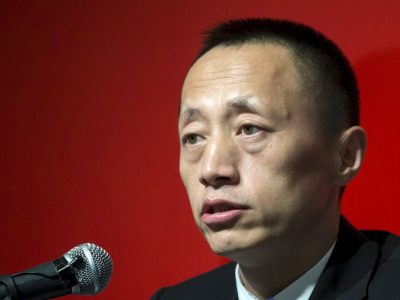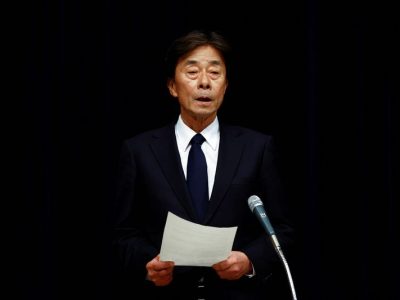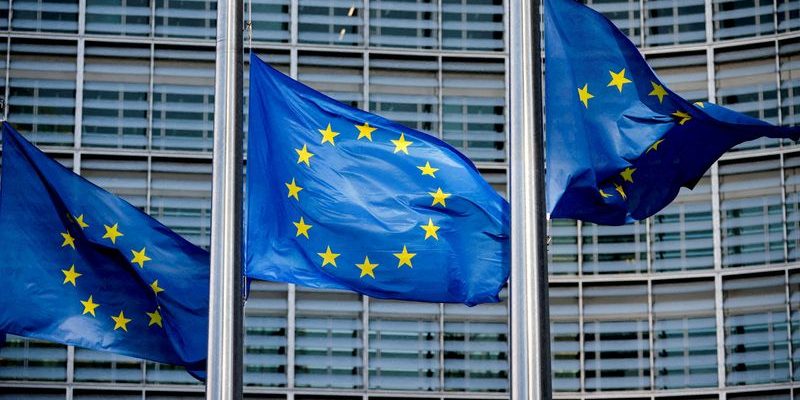
By Eric Onstad
LONDON (Reuters) – The European Union, rushing to develop a 9 million euro joint purchasing mechanism for critical minerals and energy, is choosing between eight bidders vying to develop a platform, documents showed and sources with direct knowledge told Reuters.
The bloc’s rationale for pooling together buying orders is that it would hand participants more leverage to achieve more favourable deals and prices for critical minerals essential for the green transition that trade in thin and opaque markets often dominated by China.
The EU aims to sign a contract by the end of the year and start developing sections of the platform for individual products early next year, an EU source who declined to be named told Reuters.
The winner of the tender would be paid about 9 million euros to set up and hand over a platform to the EU, documents seen by Reuters showed.
The eight bidders include major consulting groups Deloitte and PricewaterhouseCoopers (PwC), both of which declined to comment.
Germany’s Metalshub and Enmacc submitted a joint bid, telling Reuters they propose to use their existing trading platforms for metals and energy for the EU project.
EU Commission spokesperson Johanna Bernsel said an online consultation with 66 responses showed industry backing for the initiative.
“Overall, the survey revealed wide support for setting up a demand aggregation and matchmaking platform for strategic raw materials.”
EU officials are hurrying to develop the initiative, a key element in the EU’s Critical Raw Materials Act (CRMA), on a mandate of Commission President Ursula von der Leyen, another source said.
“The imperative comes from the very top. Von der Leyen … wants people to move quickly,” said the source, who also declined to be named as they were not authorised to speak publicly.
The CRMA, which came into force in May, aims to boost domestic production and processing of critical minerals, whilst weaning off dependence on China.
SUPPLY CHAINS IN PLACE
Some possible users, however, say they already have supply chains in place for key inputs such as lithium and cobalt for electric vehicle batteries.
“Larger companies that have already established their supply chains for critical raw materials, such as battery raw materials, are unlikely to use this platform,” said Karol Bednarek, raw materials consultant with the German auto industry association VDA.
The platform may be useful, however, for sourcing materials certified as sustainable or niche materials such as germanium and gallium, he added.
The EU initiative is positive, but also has potential pitfalls, said the Spanish Association of Automotive Suppliers.
“Automotive suppliers typically source processed raw materials of very specific grades that require certification, which makes bundling demand more challenging,” Carolina López, head of sustainability for the group, told Reuters.
CEO Vincent Yang of Taiwanese battery maker ProLogium Technology Co said its cathode material suppliers have already signed procurement agreements with mineral producers.
ProLogium, in which Mercedes-Benz (OTC:MBGAF) is an investor, plans to launch a 5.2 billion euro gigafactory in France in 2027 to produce its next-generation EV batteries.
Any platform must protect data regarding the specifics of what each buyer is requesting, which could expose trade secrets, Yang and other industry sources said.
MINERALS AND ENERGY?
The EU has targeted critical minerals – vital for the energy transition for EVs and wind turbines – as a key sector to strengthen as the bloc seeks to achieve net zero carbon emissions by 2050.
But combining 17 critical minerals plus natural gas and hydrogen in the same platform would not work because the markets are very different, several industry sources said.
The new system is being patterned after an existing platform for joint buying of gas, AggregateEU, which was launched during the energy crisis in 2022.
The EU says it has been a success, but a report by the European Court of Auditors questioned the effectiveness of the platform.


